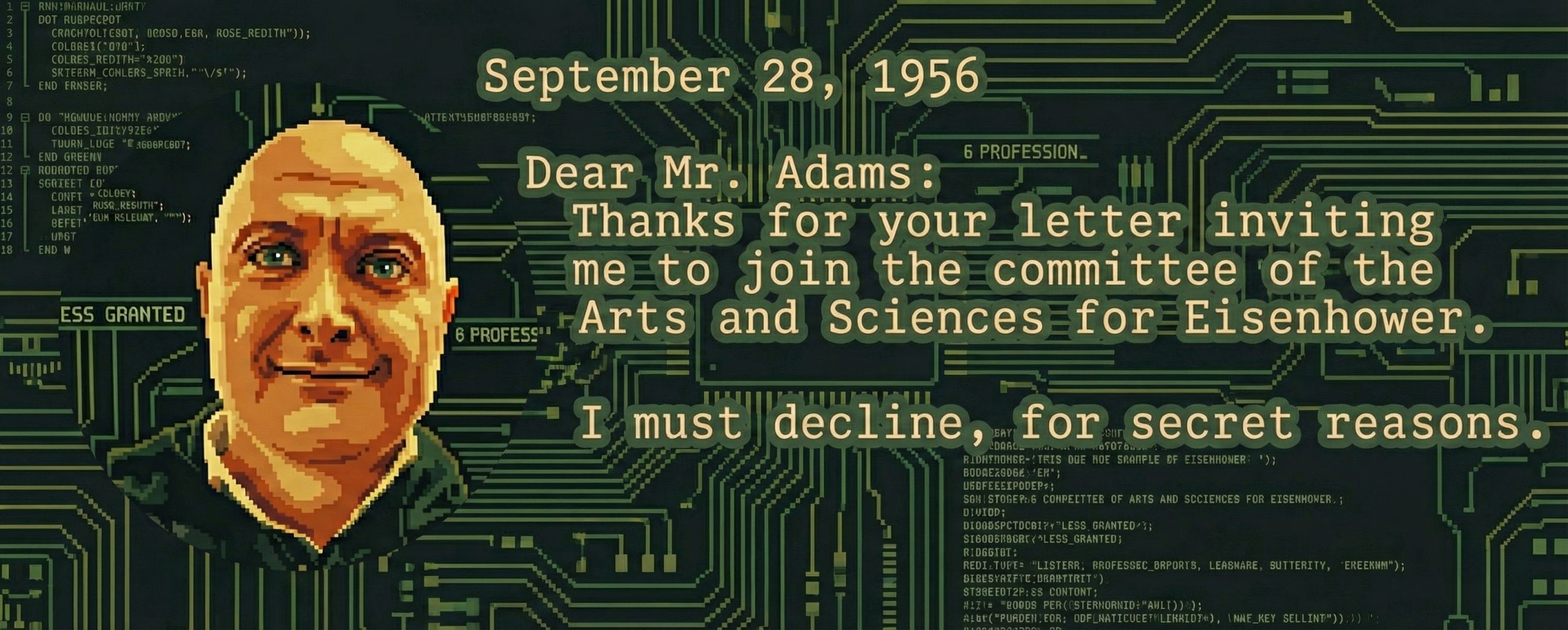The Future of the European Union: A Call for Unity and Reform
As the European Union gears up for its upcoming elections, it stands at a critical juncture. Despite its significant economic size and population, the EU often finds itself overshadowed by the geopolitical tug-of-war between the United States and China. This situation is a paradox, considering that Europe, when combined with countries like Switzerland and the UK, matches the US in GDP and surpasses China, while the EU surpasses the US in its population. Yet, internal disunity has left the EU’s destiny mainly in the hands of others.
The current state of the EU echoes the United States at the end of the 18th century. As portrayed in the musical Hamilton, the first crucial step towards a real union was the federalization of debt. Back then, the wealthy South and the indebted North clashed on this issue until a compromise was reached through a secret deal between Alexander Hamilton and Thomas Jefferson. The South agreed to debt federalization in exchange for moving the capital from New York City to Washington D.C., then considered the South. Hamilton’s persuasive argument, “If we assume the debts, the union gets a new line of credit, a financial diuretic. How do you not get it? If we’re aggressive and competitive, the union gets a boost. You’d rather give it a sedative?” encapsulates the transformative power of fiscal unity.
To illustrate the importance of federalized debt markets, consider the size of the US debt. As of April 2024, the total outstanding US Treasury securities stood at approximately $27 trillion, a testament to the vast scale and efficiency of the American capital markets. In comparison, the total world oil production is valued at approximately $3 trillion annually, showcasing how financial markets dwarf even the most critical global commodities in economic significance.
Similarly, the EU today needs to address fundamental economic integration issues. One pressing need is the federalization of debt, but that’s just the beginning. A comprehensive capital market union is essential. Consider that EBIT multiples of the US companies are 50% larger than those of comparable EU companies. This stark difference in valuation multiples is less about company performance and more about the efficiency of US capital markets. To compete globally, the EU must also harmonize and simplify its tax systems. Currently, the complexity varies widely, from Germany’s intricate tax withholdings executed on every single trade to the Netherlands’ total assets and assumption-based capital gains tax.
Moreover, EU markets suffer from various barriers that stifle competition, beyond the often-cited language diversity. Artificial barriers, such as the requirement for local IBANs for certain payments, force individuals to open local bank accounts, hampering the free flow of capital and services. As Hamilton emphasized, “In a world where the Dutch keep their ships afloat, we need to assert our economic might. We cannot afford to wait and dither; we need to act decisively.”
The EU also struggles with self-promotion and marketing. For instance, while US unemployment figures seem better at 3.9% compared to the EU’s 5.9%, these numbers don’t account for the stark difference in the numbers of imprisoned people. The unemployment rates are almost indistinguishable when adjusted to prisoners, but the EU fails to convey this effectively, but the whole world speaks about the US having lower unemployment rates than the EU.
As I am about to head to the polls, I face a dilemma. No major party appears committed to the crucial reforms needed for harmonization, simplification, and the creation of a true capital market union. These steps are vital for the EU to reclaim its rightful place on the global stage. The upcoming elections present an opportunity for citizens to demand leaders who prioritize these reforms, fostering unity and competitiveness. As Hamilton declared, “Winning was easy, young man. Governing’s harder.” We must embrace deeper integration and reform to become a cohesive and influential global power. The vision for a united, efficient, and competitive Europe is within reach, but it requires bold leadership and collective will. As we vote, let’s remember the lessons from history and push for an EU that can truly thrive in the 21st century. And as Hamilton wisely noted, “This is not a moment; it’s the movement.”
Sources:
